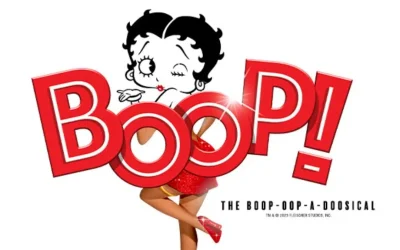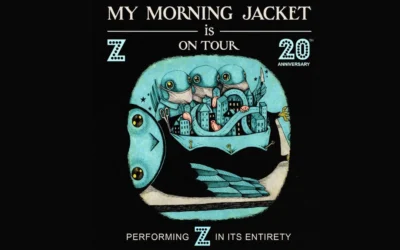A national coronavirus antibody study is using thousands of MLB employees as test subjects. The study is being conducted by the Sports Medicine Research and Testing Laboratory, Stanford University and the University of Southern California and aimed at determining antibody proteins the blood creates after a person has been infected with COVID-19.
Unlike the diagnostic tests currently used in health care facilities, the antibody study test involves sampling blood and can garner detection results within minutes. A key indicator researchers hope to gain from the study is developing immunity from the virus in case of future infections, though false positives can also factor in to results.
Some 10,000 volunteers across 27 Major League teams are participating in the comprehensive study, which is nearing the end of its data collection stage. Volunteers include players, team personnel, executives and ballpark staff in order for researchers to get widespread information throughout regions of the country and to examine potential cases in both sexes and a range of ages and risk-factors.
“We’ve got all the way from team owner all the way down to hot dog sales, and everything in between,” Dr. Daniel Eichner, director of the Sports Medicine Research and Testing Laboratory, told CNN in an interview. “That’s really important for us is that we get a wide spread of the general population when we do this study.”
Researchers are aiming to get written results released in about a week’s time. Participating clubs will have their team doctor oversee results and advise in the instance that COVID-19 antibodies were detected, however, the test results will remain anonymous.
The league is currently working on various options to get their season underway, with the most recent plan at the forefront of discussions being a season played entirely in Arizona without fans. Officials, including Commissioner Rob Manfred, have expressed the health and safety of all involved take first priority before launching baseball operations. In the meantime, the league is doing a favor to the medical community that could change the face of the pandemic in a quicker fashion.
“It’s a fantastic team effort that could not be done outside of this model,” Eichner says of MLB’s involvement. “If you went to individual counties to try to do this public health initiative for a nationwide study, it would take you a year to set this up. We did this in a few weeks. That is the most important thing. We could not do this study through regular academic channels because it would just take too long.”




